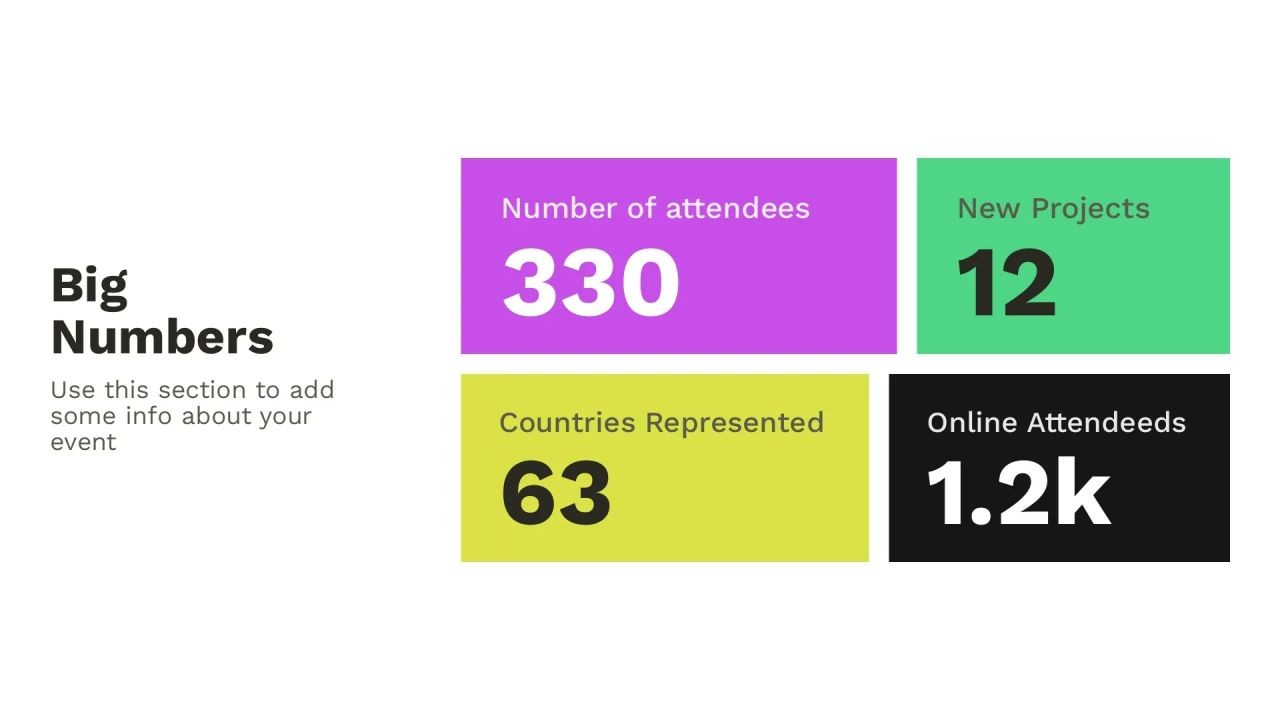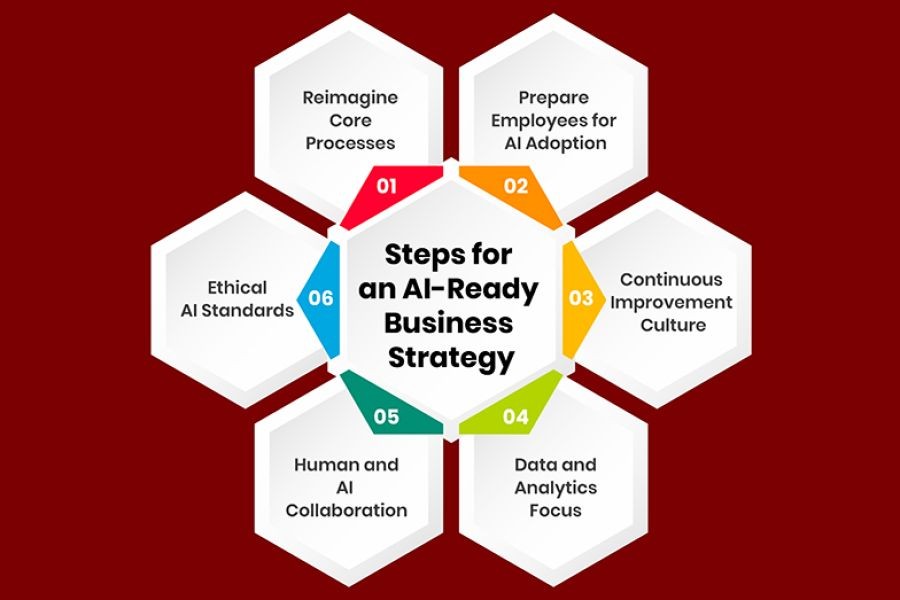In New Zealand, workers' compensation is not just a legal obligation but a vital safety net for both employees and employers. The system is designed to provide financial support and medical care to workers who suffer injuries or illnesses due to their job. Understanding how to navigate this process effectively is crucial, especially for businesses aiming to maintain compliance while supporting their workforce. This article delves into the intricacies of filing for workers' compensation in New Zealand, offering insights tailored for marketing specialists who play a pivotal role in communicating these processes within their organizations.
Understanding New Zealand's Workers' Compensation System
New Zealand's workers' compensation scheme is unique due to its no-fault system administered by the Accident Compensation Corporation (ACC). This means that employees can receive compensation without the need to prove employer negligence. The ACC covers all work-related injuries and illnesses, providing medical care, rehabilitation, and income support.
According to the Ministry of Business, Innovation and Employment (MBIE), the scheme aims to ensure that injured workers can return to work as soon as possible, minimizing the economic impact on both the worker and the employer. For marketing specialists, understanding this framework is essential to effectively communicating benefits and processes to employees.
Case Study: Fonterra – Navigating Workers' Compensation Successfully
Problem: Fonterra, a leading dairy company in New Zealand, faced high rates of workplace injuries, which affected their productivity and employee morale.
Action: Fonterra implemented a comprehensive safety program that included regular training sessions, safety audits, and an internal communication strategy to promote safety awareness.
Result: Within a year, Fonterra reported a 30% reduction in workplace injuries and a significant improvement in employee satisfaction scores.
Takeaway: Effective communication and training are critical in reducing workplace injuries. Marketing specialists can play a key role in crafting and disseminating these messages.
Step-by-Step Guide to Filing for Workers' Compensation in New Zealand
- Report the Injury: The injured employee must report the injury to their employer as soon as possible. Employers are required to inform the ACC within seven days.
- Seek Medical Attention: The employee should visit a healthcare provider who will complete an ACC45 injury claim form.
- Submit the Claim: The healthcare provider submits the ACC45 form to the ACC. Employers should ensure all relevant details are accurately provided.
- ACC Decision: The ACC assesses the claim and notifies the employee and employer of the decision.
- Receive Compensation: If approved, the employee will receive compensation for lost wages and medical expenses.
Comparative Analysis: New Zealand vs. Global Workers' Compensation Trends
Globally, workers' compensation systems vary significantly. In the United States, for instance, state-level systems require proving employer fault in many cases, unlike New Zealand's no-fault system. This difference significantly impacts the claim process and employer liability.
New Zealand's approach, as highlighted by the Reserve Bank of New Zealand, contributes to a more streamlined process and quicker resolution of claims. This efficiency benefits both employees and businesses, enhancing workplace morale and reducing litigation costs. For marketing specialists, promoting this efficient system can improve employer branding and employee trust.
Common Myths & Mistakes in Filing Workers' Compensation Claims
- Myth: "Workers' compensation claims are always denied." Reality: Most claims are approved if properly documented. The ACC's no-fault system promotes fairness in claims processing.
- Myth: "Only workplace accidents are covered." Reality: The ACC covers a wide range of work-related injuries and illnesses, not just accidents.
- Myth: "Employers can ignore minor injuries." Reality: All injuries must be reported to prevent complications and ensure compliance with legal obligations.
Pros and Cons of New Zealand's Workers' Compensation System
New Zealand's system has its strengths and weaknesses, which marketing specialists should clearly communicate.
Pros:
- No-Fault System: Promotes fairness and reduces legal disputes.
- Comprehensive Coverage: Includes medical expenses, rehabilitation, and income support.
- Efficient Claim Process: Streamlined procedures mean faster resolutions.
Cons:
- High Premiums: Some businesses face significant costs, impacting their bottom line.
- Limited Compensation: Some employees might find the compensation insufficient for long-term disabilities.
Future Trends in Workers' Compensation in New Zealand
As New Zealand's economy evolves, so too will its workers' compensation system. The rise of remote work presents new challenges for determining work-related injuries. According to Stats NZ, there has been a 20% increase in remote work, necessitating updates to compensation policies.
Furthermore, technological advancements in workplace safety monitoring could reduce injury rates, impacting future claim frequencies. Marketing specialists should anticipate these changes and adjust their strategies accordingly to ensure their organizations remain compliant and supportive of their workforce.
Conclusion: Navigating Workers' Compensation with Confidence
Filing for workers' compensation in New Zealand doesn't have to be a daunting task. By understanding the system's nuances and leveraging effective communication strategies, marketing specialists can play a pivotal role in ensuring their organizations support their employees while maintaining compliance. As the landscape evolves, staying informed and proactive will be key to navigating future changes successfully.
What’s your take on these insights? Share your thoughts and experiences in the comments below!
People Also Ask
- How does New Zealand's no-fault system benefit businesses? The no-fault system reduces legal disputes and promotes a fair and efficient claims process, benefiting both employers and employees.
- What are the biggest misconceptions about workers' compensation in New Zealand? Many believe only accidents are covered, but the ACC includes a wide range of work-related injuries and illnesses.
- What changes can we expect in New Zealand's workers' compensation policies? With the rise of remote work, policy updates are expected to address new workplace safety challenges.
Related Search Queries
- New Zealand workers' compensation process
- ACC claim filing steps NZ
- Remote work and workers' compensation NZ
- ACC coverage for work-related illnesses
- Workers' compensation myths and realities NZ
































Matebiz Pvt Ltd
7 months ago